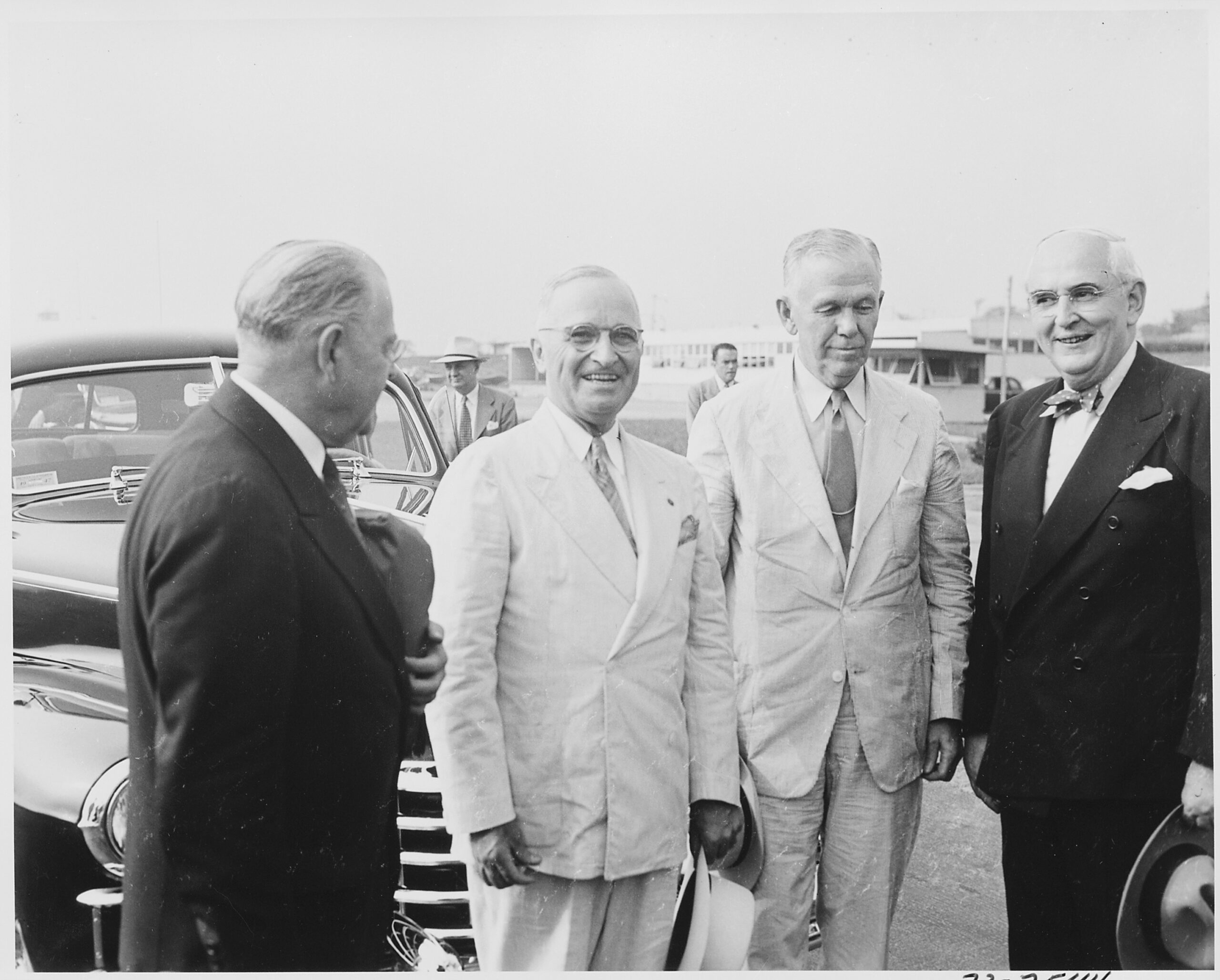
June 2, 1948
Shortly after Israel declared its independence from the British, on May 14, 1948, the US sent a memorandum to the UN that indicated its acceptance of the new state and the direction of its future policy in the Middle East. The US Representative on the UN Security Council was Senator Warren Austin. His deputy, Philip C. Jessop, wrote the memorandum. The memo contained three basic assumptions about the first Arab-Israeli war, which had started less than three weeks prior . Those assumptions were:
- Israel will exist. Unlike previous State Department communications, this memo noted that the more support the young state received, the more likely its Arab neighbors will be able to tolerate its existence.
- There will also be an Arab state in Palestine. However, it was not known if the Arabs would recognize King Abdullah of Transjordan as the leader of this state, or if another leader might emerge.
- Since there will inevitably be two states, it is in the interest of both parties to maintain cordial relations that include economic cooperation.
At the time, the UN had the practice of placing monitors between Arab and Jewish populations and militaries to prevent violence. When the State of Israel was created, the US decided that it wanted no such role in monitoring peace in the region.
Years later, in May 1967, when UN peace-keeping forces were precipitously withdrawn from the Sinai Peninsula,, the US cited Jessop’s memo. The US also continued to uphold its decision not to station any troops in the area, supporting the appointment of an international truce commission instead.
